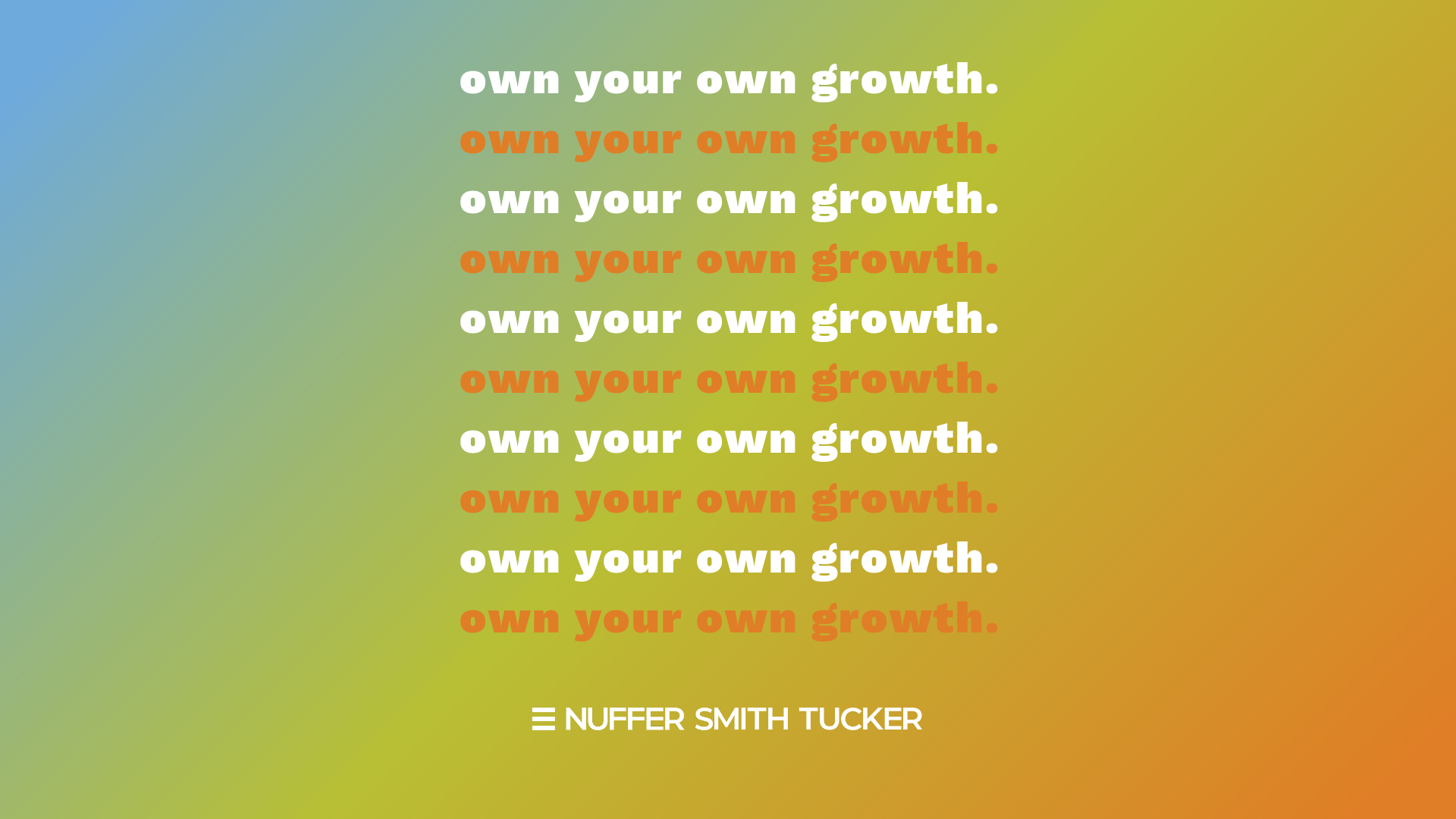Professional development often falls to the wayside in our busy schedules but should be continuously top of mind. Knowledge is power in the ever-changing world we live in. As public relations professionals, we are asked to help our clients find their place within their respective communities, telling their stories in a way that resonates with their stakeholders while positively impacting the greater community. To achieve this, we must keep our minds open and our fingers on the pulse of societal trends and consumer expectations. While this can seem like a large feat, expanding our knowledge is easier than ever due to the wealth of resources available. The key is making professional development a priority.
Tap into Insider Knowledge
Often times we can feel siloed within our own organizations, focusing on our individual teams or account work. But sometimes, the best knowledge can come from within the walls of our office, from colleagues who work on different accounts that utilize different strategies and tactics, or mentors who offer a wealth of experience having seen the public relations industry transform over time.
Taking the time to connect with your coworkers, both informally and formally, can be just what you need to get past a roadblock or unveil a connection or resource outside of your organization that you weren’t aware of.
Consider setting aside time on a regular basis to brainstorm with others within your organization to tap into their creativity and expertise. A brainstorm is most successful when it includes multiple people, especially if these people have different backgrounds, experience levels and interests that can open your eyes to new ideas and opportunities to position your clients.
The More You Know
While professional development on the fundamentals of your profession is key, learning about other lines of work or topics that are fueling societal conversations can further expand your bank of knowledge.
Whether it’s bringing in an expert in a field your agency is trying to break into, or a pro on stress management to help your team navigate a work/life balance, knowledge doesn’t need to exactly mirror your day-to-day tasks to help you grow and become a more valuable member of your team.
In PR, one obvious place to seek new knowledge is with the media you work with. Set aside time to connect with reporters and editors on what they like, and more importantly what they DON’T like, to expand your understanding of how to best collaborate. The more you know about the outlet and reporter the better partner you can be.
Show Some Love to Your Soft Skills
Making a purposeful effort to develop “soft skills” is another important element of professional development. Soft skills like time management, the art of listening, critical thinking, how to provide useful feedback or negotiation are all key to your success. If you’re not finding time to focus on the development of soft skills, you might find your career plateau.
Consider selecting one specific soft skill you want to focus on each year and set some objectives for yourself tied to that skill. Once you’ve identified your topic, take an online seminar, read a book, subscribe to a newsletter, or most importantly make it part of your everyday work. Throw yourself into that topic and see where it takes you.
Walk the Talk
So, you have all this knowledge, now what? Your knowledge is only as valuable as it is applicable to your everyday work. Try doing something different, take a step back to look at the bigger picture, and reflect on your end goal – the bottom line is, you must take the time to put your learnings to use and be willing to learn along the way. With every effort comes a new experience or outcome that makes you better than you were before, and sometimes, the perfect storm can lead to greatness.
At NST, we work to create a professional development calendar that ensures we set aside time to come together and dive into a wide range of topics. This past year, we held a professional development on strategic thinking. The group discussion allowed us to dive into the nitty gritty of what strategic thinking really means and how we can push ourselves and our clients to think strategically. The session included several anecdotes of when the team used strategic thinking to problem solve and achieve even greater results. While each situation is unique in nature, the themes from each example held nuggets of knowledge that our team has been able to carry over into our day-to-day work and client interactions to push the envelope and explore new levels of success.
Need help getting your organization to think outside of the box? Let’s talk.

